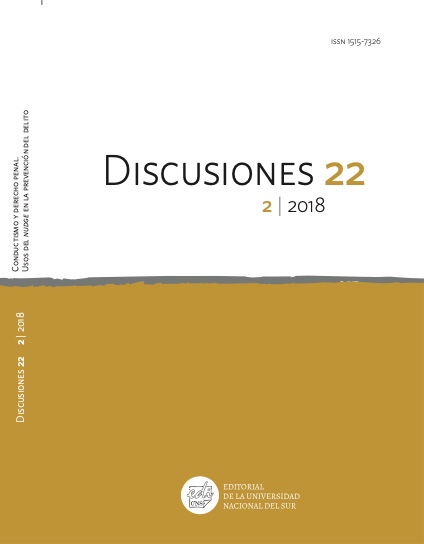The Application of Behavioral Law and Economics to Criminal Policies and Its Challenges
DOI:
https://doi.org/10.52292/j.dsc.2018.2224Keywords:
Bahvioral Law and Economics, Foundations of Criminal Law, Social morals, Normative neutralityAbstract
This comment focuses on two approaches to behavioral law and economics, the decision-making and the intuition approach, and the problems that arise when behavioral analysis is deployed to evaluate existing criminal laws or to design future criminal policies. While the main article highlights the empirical problems behavioral law and economics faces when applied to criminal law systems, I will try to argue that there are also normative challenges that have to be considered. The normative challenges regarding the decision-making approach revolve around the question if legislators and criminal policymakers are bound by certain limits when interfering in the decision-making process of potential offenders. Regard- ing the intuition approach, the question arises if the social morals detected by the intuition approach have to be taken into consideration beyond their deterrence effects. Those normative considerations also seem to influence the ways the decision-making approach and the intuition approach should be connected.
Downloads
Published
How to Cite
Issue
Section
License
Discusiones does not withhold rights of reproduction or copyright. Consequently, authors may share the final versions of publications.


